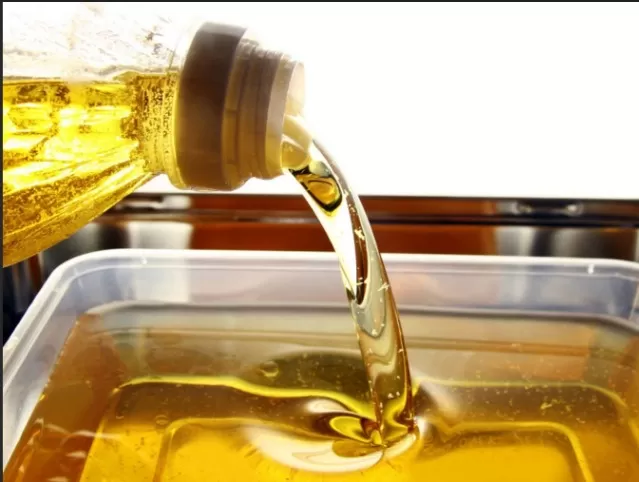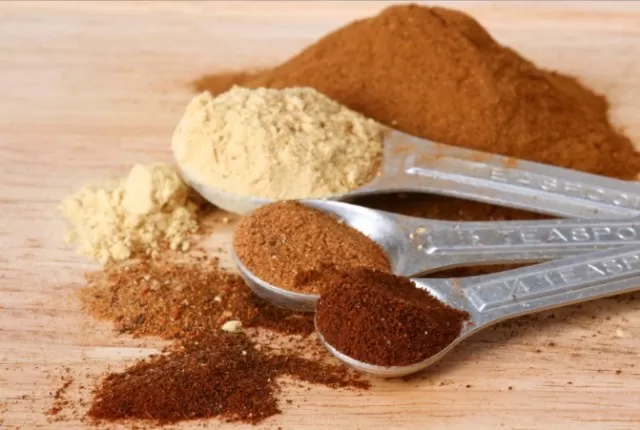Bulk shopping might appear to be a foolproof strategy for trimming your expenses, but it’s essential to exercise caution. Contrary to popular belief, bigger isn’t always better when it comes to shopping in bulk. While the intention may be to save money or reduce the frequency of shopping trips, the reality can sometimes involve accumulating excessive, unused, or even spoiled products, ultimately leading to greater long-term expenses. The key to fiscal prudence lies in shopping smarter, not merely in larger quantities.
Items You Should Avoid Buying in Bulk.Bulk shopping might appear to be a foolproof strategy for trimming your expenses, but it’s essential to exercise caution. Contrary to popular belief, bigger isn’t always better when it comes to shopping in bulk. While the intention may be to save money or reduce the frequency of shopping trips, the reality can sometimes involve accumulating excessive, unused, or even spoiled products, ultimately leading to greater long-term expenses. The key to fiscal prudence lies in shopping smarter, not merely in larger quantities.
The Vital Role of Cooking Oils: A Culinary Essential with a Limited Lifespan

Every skilled chef understands the indispensable role that cooking oils play in the culinary world.
However, it’s crucial to note that pantry staples such as canola and olive oil have a relatively brief shelf life, typically lasting no more than three to six months when stored on your kitchen counter before they become rancid. If deep frying or sautéing isn’t a frequent practice in your kitchen, consider opting for smaller oil bottles to prevent your wallet from sizzling away.
In this article, we’ll delve deeper into the significance of cooking oils in various cuisines and explore the nuances of their storage and usage.
Optimizing Your Egg Purchases: Quality and Quantity
When it comes to eggs, the old adage “don’t put all your eggs in one basket” holds true, especially when considering cost-effectiveness.
Surprisingly, purchasing a bulk 36-pack of eggs at a large warehouse store often doesn’t translate to a lower cost per egg when compared to buying a standard dozen at your neighborhood supermarket. Furthermore, it’s essential to keep in mind that eggs have a relatively short shelf life, typically lasting just three to five weeks. Therefore, it’s wise not to acquire more eggs than you intend to use within a month. In this article, we’ll explore the economics and practicality of egg buying, ensuring that you make the most of this versatile and essential kitchen ingredient.
Unlocking the Power of Bleach: Understanding Its Shelf Life and Storage

Bleach stands as a cornerstone among household cleaning products, and one might naturally assume that it never loses its potency.
However, the active ingredient within bleach gradually deteriorates over time, especially when subjected to fluctuations in temperature, ultimately weakening the cleaning solution. Typically, bleach retains its peak effectiveness for the initial six to nine months after being opened.
Therefore, it’s advisable not to stockpile excessive quantities of bleach, as it’s best used within a reasonable timeframe. In this guide, we’ll delve into the science behind bleach degradation, offering insights on how to maximize its cleaning potential while ensuring a safe and efficient cleaning routine for your home.
Elevating Your Morning Ritual: The Quest for Fresh Coffee Beans
Savoring that perfect cup of coffee has become a treasured morning tradition for many, and it begs the question: why settle for anything less than the freshest beans available? The exquisite flavor of coffee beans is most pronounced within a mere two weeks of being roasted.
To truly relish this culinary experience, it’s best to forgo the allure of bulk coffee bags and instead choose smaller portions that have been packaged closer to their roasting date. In this exploration of all things coffee, we’ll uncover the secrets to achieving the ultimate brew by delving into the art of bean freshness, roasting dates, and the nuances of coffee selection.
Preserving Spice Perfection: Unveiling the Art of Spice Storage

Spices, those magical ingredients that transform ordinary dishes into culinary masterpieces, hold a special place in the heart of every cook.
While dried spices may not spoil in the traditional sense, they do undergo a subtle transformation over time, losing their vibrant flavors and aromas. Ground spices typically maintain their peak freshness for about six months, while whole spices exhibit a slightly longer shelf life.
To guarantee that your culinary creations burst with flavor, it’s advisable to eschew the allure of buying bulk quantities of spices like cinnamon and instead opt for more modest containers that you can readily consume or replace without breaking the bank. In this exploration of the world of spices, we’ll delve into the science of spice aging, storage strategies, and the fine art of seasoning your dishes to perfection.
*The information is for reference only.